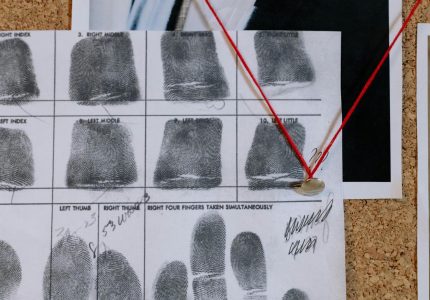If you’ve been charged with a criminal offence, understanding the different types of defences available to you can be crucial to your case. One of the most common defences is the “alibi,” which is a claim that you were somewhere else when the alleged crime took place, making it impossible […]
Author: Nicholas Robinson Criminal Lawyer
How to Prepare for Your Criminal Trial
Approaching your criminal trial with the right preparation can make all the difference in the outcome. Whether it’s working with your criminal lawyer, understanding courtroom etiquette, or organizing evidence, every step matters. Working with Your Criminal Lawyer Your lawyer is your advocate throughout the trial process. Be open and honest, […]
What to Expect Before, During, and after Your Criminal Trial
Facing a criminal trial can be one of the most overwhelming experiences in a person’s life. Whether you’re navigating the legal system for the first time or have faced charges before, understanding what lies ahead and how to prepare can make a significant difference in your case. Understanding the Criminal […]
What is Disclosure in Criminal Cases? A Guide for the Accused
If you’ve been charged with a criminal offence, one of the most important things to understand is your right to disclosure. Disclosure is the process by which the prosecution (referred to as “the Crown” in Canada) provides you with all the evidence they have gathered in relation to your case. […]
Understanding Assessments for Fitness and Criminal Responsibility
An important issue that may arise in your case is the assessment of your fitness to stand trial or your criminal responsibility at the time the offence was committed. This post aims to describe these assessments, providing clear and comprehensive information to help you navigate this complex area of law. […]
R.v. A.N.
The accused was charged with Uttering Threats CC.264.1(1). The charges were later stayed.
R.v. A.N.
The accused was charged with Assault CC.266. The accused was admitted into alternative measures programming. Upon completion of programming, all charges were dropped.
Understanding Self-Defence Laws in Canada
Self-defence is a fundamental right enshrined in Canadian law, allowing individuals to protect themselves and others in situations where they face imminent harm. However, the legal framework governing self-defence is complex, requiring a careful balance between protecting individual rights and maintaining public safety. The Legal Foundation of Self-Defence Self-defence laws […]
R.v. M.D.
The accused was charged with breaching a probation order CC.733.1(1) which came from a previous domestic violence matter. Following discussions with the Crown the accused received a conditional discharge.




